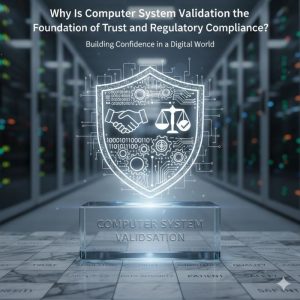You’ve likely heard the term “white-collar crime” before, but do you know what it means? It’s not just a crime committed by a person who works in a white-collar profession. In fact, almost anyone is capable of committing a white-collar crime.
Better understanding this term can help you conduct yourself in a legal way – and be adequately prepared if you need to defend yourself with the help of a criminal defense attorney.
White-Collar Crime: The Basics
Typically, white-collar crimes are nonviolent crimes committed for financial gain. These crimes can be committed by individuals, businesses, and government officials.
However, the definition is sometimes contested, and can occasionally be difficult to apply. To detrmine the truest definition of “white-collar crime,” we must consider three different areas:
- The type of offense being committed. First, we must consider the type of offense being committed. Violent crime is never categorized as white-collar crime due to its nature. White-collar crimes are confined to property crimes, economic crimes, and certain types of corporate crimes.
- The type of offender committing the offense. In most definitions, white-collar crime also refers to the type of person who committed the offense. These crimes are committed by people with high socioeconomic status or people who hold positions of trust. A person must hold a position of power, significant wealth, or be involved in a specific social class to be a true white-collar offender.
- The motivation for the offense. We also must consider the motivation for committing the offence. In most cases of conventional white-collar crime, a person is only motivated by improving their own personal interests, or improving the interests of their company.
Examples of White-Collar Crimes
These are some of the most common examples of white-collar crimes:
- Wage theft. Inappropriately withholding money from employees, or paying them in an unfair way can constitute wage theft.
- Bribery. Bribery is the act of using money or services to provide an incentive to someone to give you special treatment. For example, you may try to use a cash bribe to prevent a law enforcement officer from writing you a speeding ticket.
- Insider trading. Buying and selling stocks are activities that are highly regulated by the SEC. If you trade stocks with insider knowledge, breaking those regulations, you could go to jail for a long time.
- Embezzlement. Embezzlement refers to the misuse of funds that were entrusted to you or your organization. For example, your financial advisor or manager may steal or misuse the funds you trusted them to manage.
- Identity theft. Stealing someone’s identity qualifies as a white-collar crime because of its economic and nonviolent nature.
- Forgery. Forgery, the act of faking a signature or some other form of documentation, is also considered a white-collar crime.
- Ponzi schemes. Ponzi schemes function like pyramid schemes, but with a smaller group of people and an attractive investment opportunity. The leader of this type of scheme will attract investments from a small number of initial investors, then branch out to new investors to pull in more money and give the operation an image of legitimacy. It relies on the “greater fool” theory and has no practical payoff for most investors.
What to Do If You’re Accused of a White-Collar Crime
What should you do if you’re ever accused of a white-collar crime?
- Remain calm. If you’ve never been accused of a crime before, or if you know the evidence makes you look guilty, you might start to feel panicked. But it’s important to remain calm throughout this situation; when you remain calm, you’ll think more clearly and you’ll be able to make more rational, effective decisions. Take a deep breath and take things one step at a time.
- Don’t talk to the police. For the most part, it’s best not to talk to police officers if they’re questioning you about a white-collar crime. Anything you say can and will be used against you, and investigating officers will likely lie to you or mislead you to get the information they want. Feel free to provide personal information like your name and address; in some areas, you must provide this if asked. But for any other questions, wait for your lawyer to get involved.
- Contact a lawyer. Insist on getting a lawyer as early in the process as possible. Your lawyer is going to be your biggest asset and most reliable resource, helping you understand the situation you’re in, providing you with direction and guidance, and ultimately improving your odds of being exonerated or getting a lenient sentence.
White-collar crimes come in many varieties, but they all follow a similar formula. If you’re ever accused of one of these crimes, it’s important to know what you’re getting into and started working with a lawyer as soon as you can.






